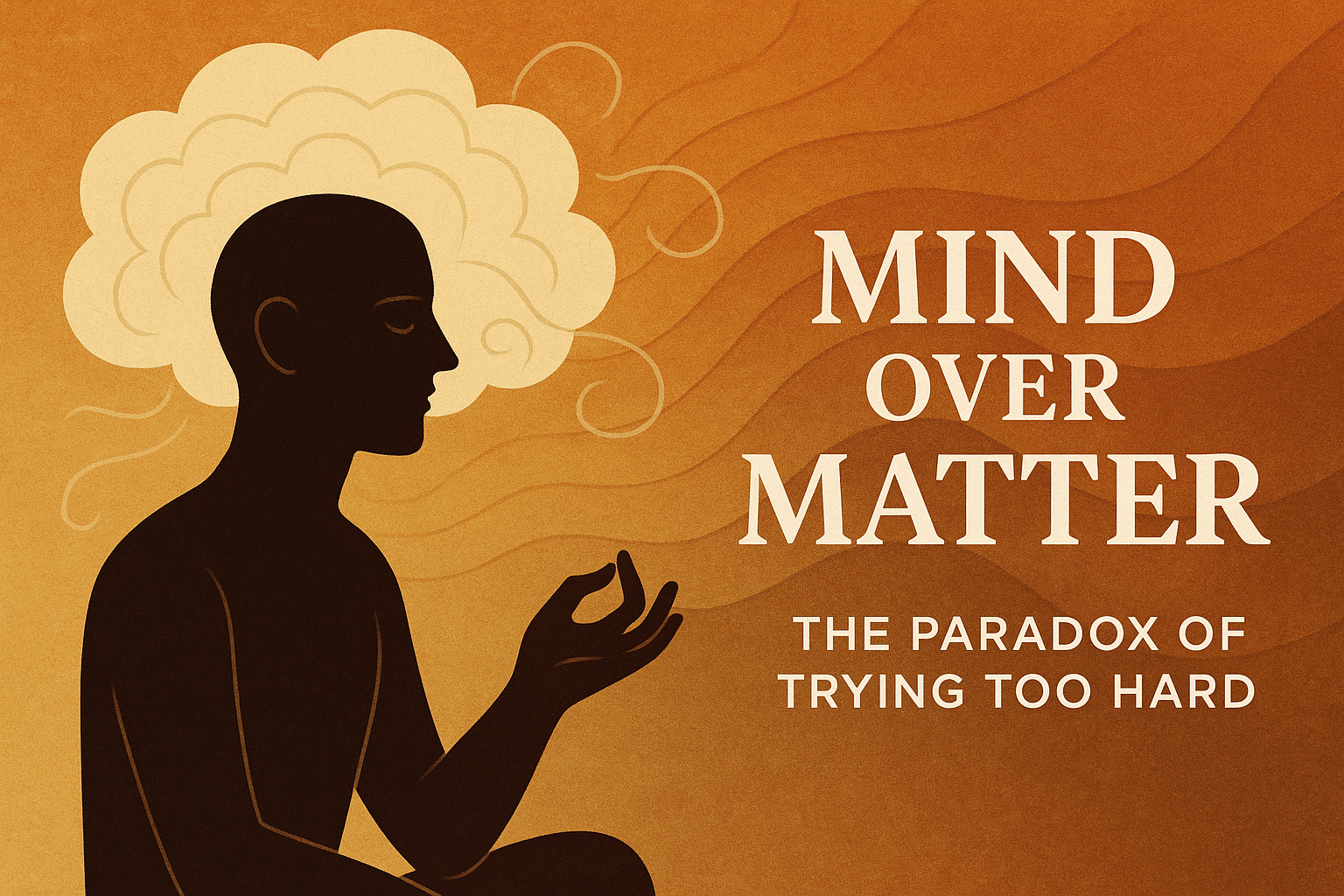The Unspoken Message of Being Late
More Than Just Lost Time

Being late is often brushed off as a minor inconvenience, something that can happen to anyone. But in reality, being late can carry an unspoken message that goes deeper than just the delay. It’s a subtle act that implies that the time, effort, and significance of others’ moments don’t carry as much weight as our own. It’s like telling the symphony conductor that they’re holding their baton wrong, suggesting that the natural timing and flow of the performance don’t matter.
The Meaning Behind the Moments
Imagine a symphony—a performance carefully orchestrated, with each musician attuned to the conductor’s subtle movements. The timing of each note is deliberate, and the harmony depends on everyone being present and in sync. Now imagine walking in late, disrupting the atmosphere, and implicitly suggesting that the first notes were dispensable.
Being late isn’t just about lost minutes; it’s about altering the dynamic of a moment. It’s a silent statement that the rhythm others have set can be bent, paused, or rearranged to accommodate you. This disruption goes beyond mere inconvenience; it diminishes the value of others’ time, effort, and presence.
The Illusion of Control
When we’re late, there’s an element of imposing control over a situation that isn’t ours to command. It’s as if we’re trying to make the symphony conform to our timing, telling the conductor how to wield their baton. This approach disregards the fact that life, like music, has its own flow. The opening notes—the beginning moments—hold their own importance, setting the stage for everything that follows.
Attempting to reshape that timing by arriving late is like trying to fit an entire symphony into the box of your schedule. It misses the point that certain things—moments, performances, connections—exist in their own time and deserve to be experienced as they are, not as we would have them be.
The Impact on Relationships
Being late doesn’t just affect you; it affects everyone who has shown up on time. It subtly tells those waiting that their moments of preparation and punctuality don’t matter as much. It says, “Your time is flexible; mine is fixed.” While this may not be the intended message, it can still impact relationships, trust, and respect.
Think of a friend waiting for you at a café, or a coworker who has set aside time for a meeting. These moments, however small, are built on a mutual understanding of shared time. Being late shifts that balance and can leave the other person feeling undervalued.
Respecting the Present
The idea of being present isn’t just a trend; it’s a fundamental aspect of meaningful interactions and experiences. Being on time is one way to show that you respect not only others but the moment itself. It shows that you value the collective experience, whether it’s a concert, a meeting, or a casual coffee chat.
Just as a symphony deserves to be heard from the first note to the last, moments deserve to be experienced in their entirety. Arriving on time means you are choosing to be part of the whole experience, to witness its full story, and to acknowledge its value.
The Power of Presence
Learning to be punctual isn’t just a matter of managing time better; it’s about understanding the power of presence. It’s recognizing that being there, fully and on time, is a sign of respect for the people around you and for the experience itself. It’s the acknowledgment that you’re part of a shared moment that holds meaning beyond just your presence.
When we show up on time, we align ourselves with the natural rhythm of life. We let go of the illusion that the world can bend to our timing and instead choose to be in harmony with it. This choice not only enhances our experiences but strengthens our relationships and builds trust.
Final Thoughts
Being late is more than just missing a few moments; it’s a statement, intentional or not, about the value we place on others and their time. It’s like telling a symphony conductor they’re holding their baton wrong, implying that their timing doesn’t matter as much as ours. But when we choose to be on time, we acknowledge the importance of being fully present and respecting the flow of life and others’ efforts.
So, the next time you find yourself rushing or thinking that a few minutes won’t matter, remember the symphony. Remember that each moment, each note, holds value. Show up on time, be present, and let life’s performance unfold as it’s meant to, from the first note to the last.
Share









